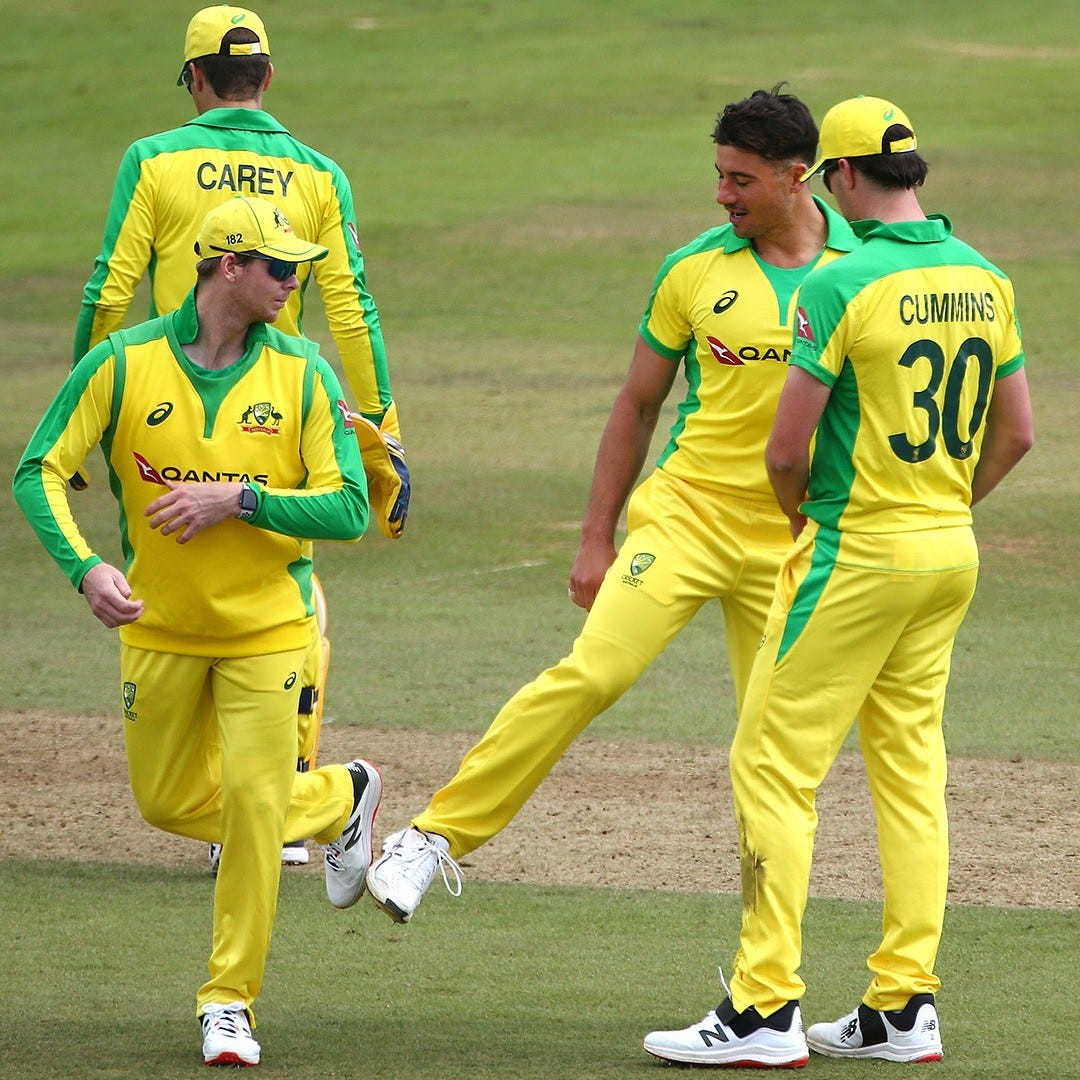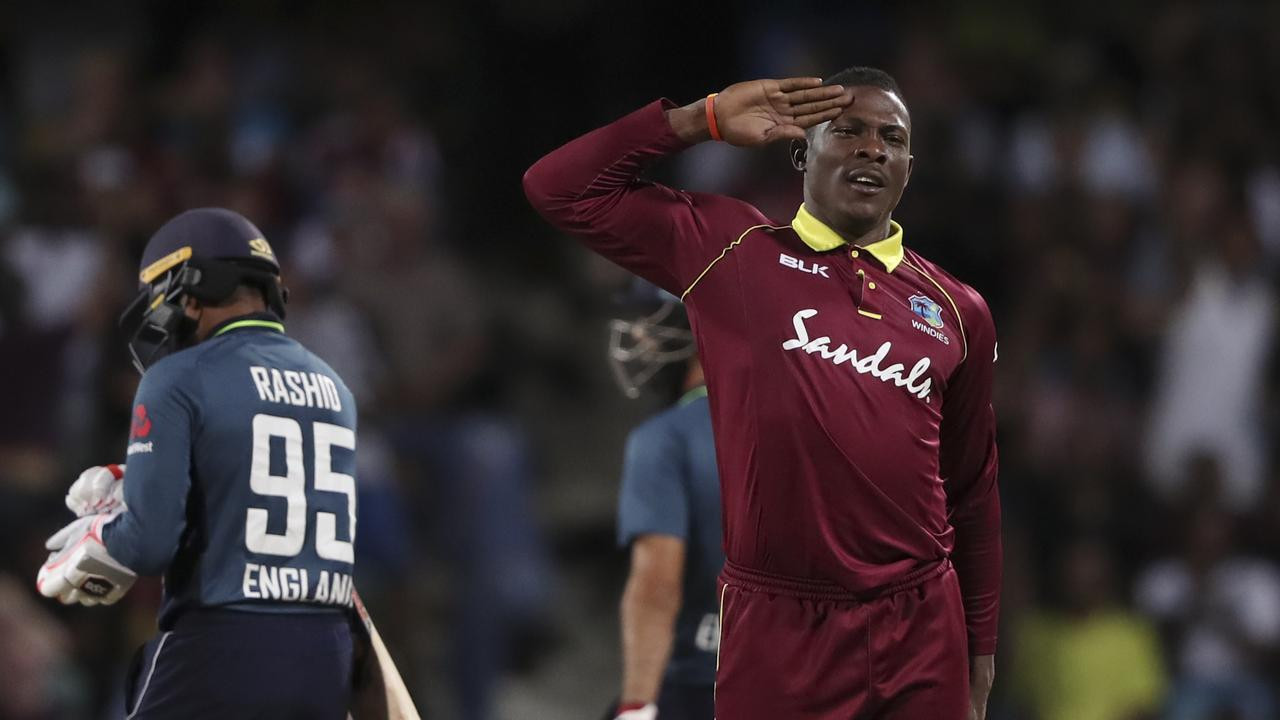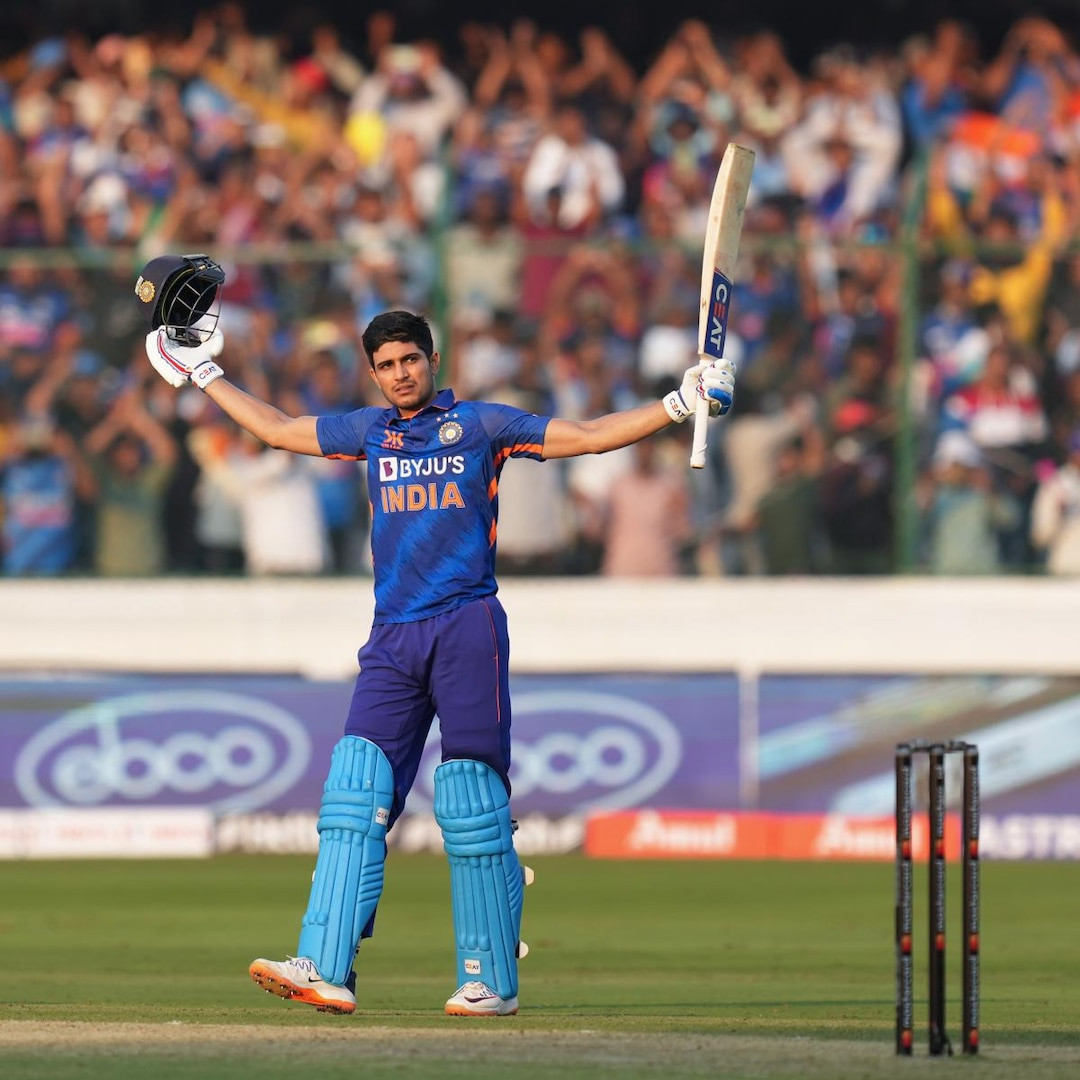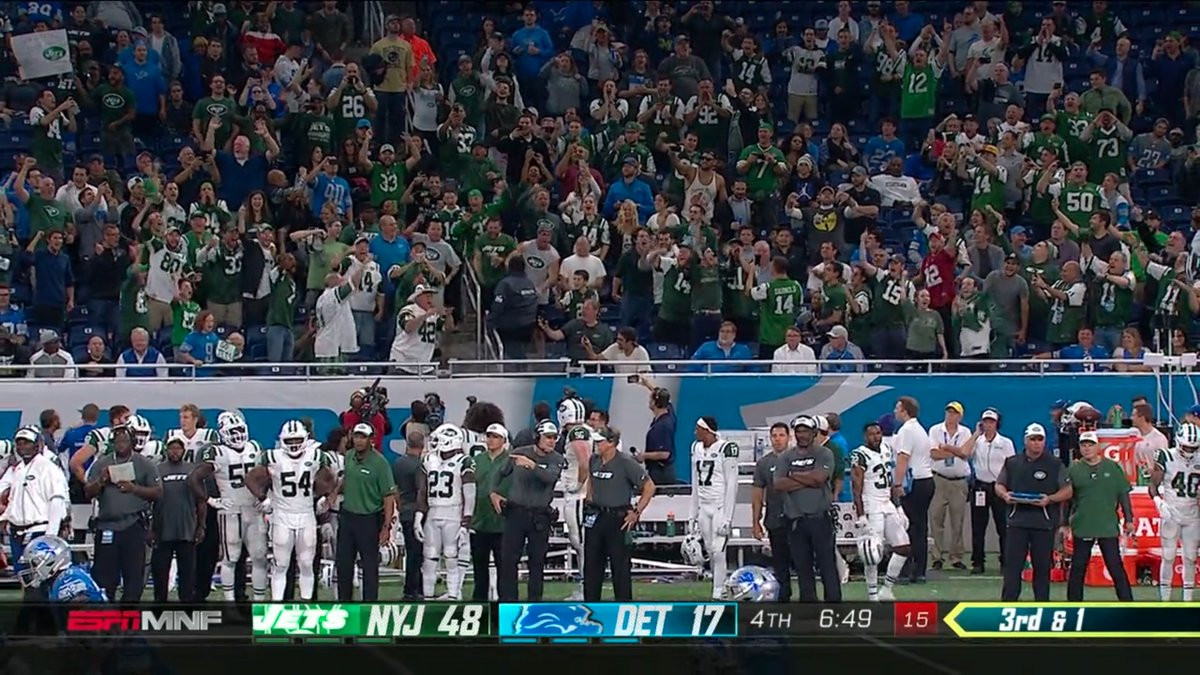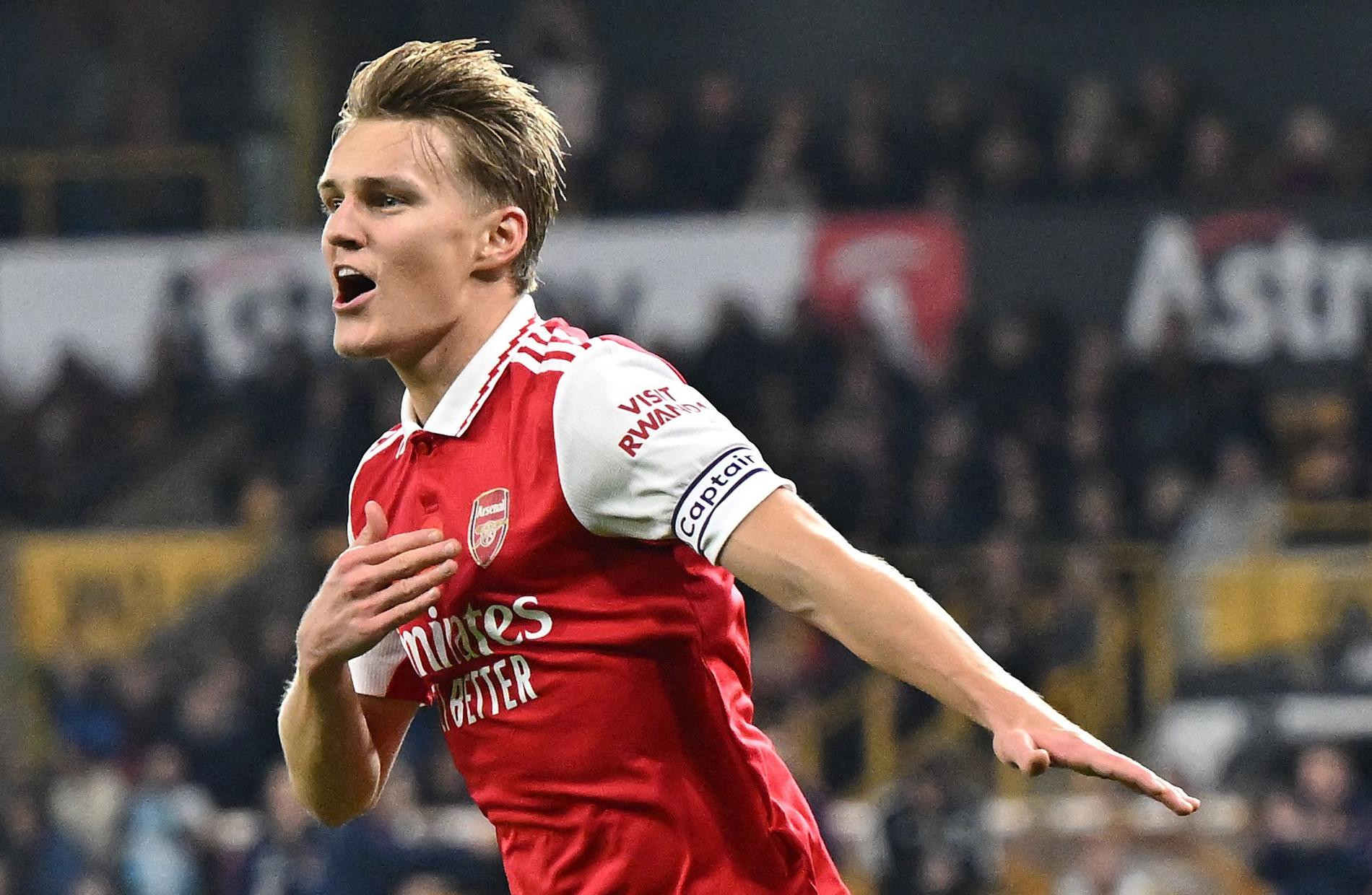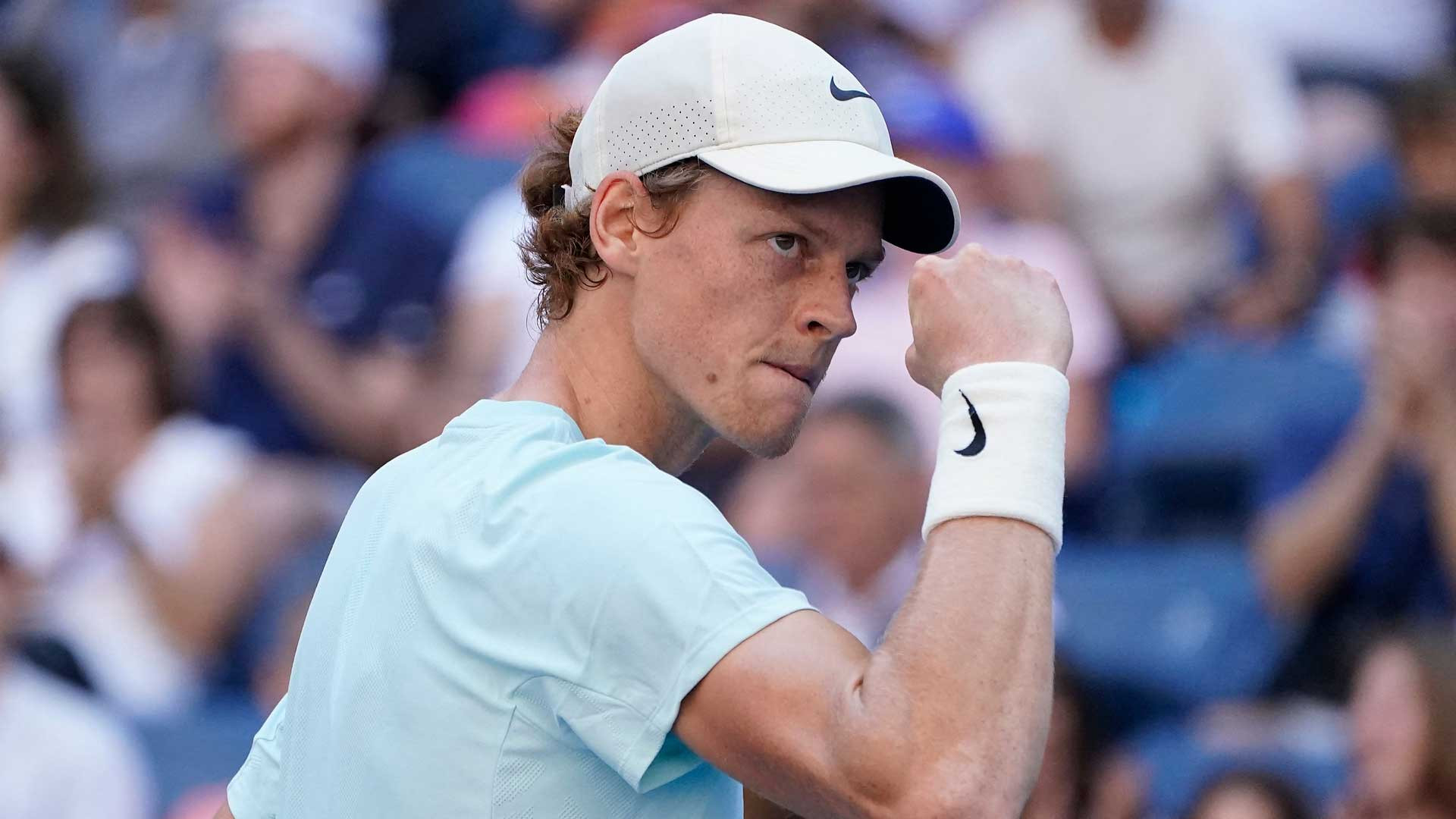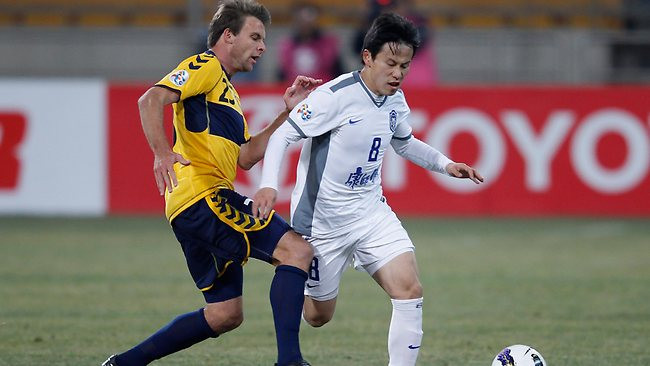England’s XI for the first ODI against the West Indies reflected the weirdness of the series. Without many of their first-choice names available, either busy with Test squads or injured, in the case of their regular captain, the side was essentially made up of T20 players, with four debutants also included. While there were several examples in the side of how cobbled together this XI was, Jamie Overton’s place was the most obvious.
Having yet to recover fully from a back stress fracture which put paid to his hopes of featuring in the T20 World Cup earlier this year, Overton was selected as a specialist batter at No.8, batting below both Sam Curran and fellow debutant Dan Mousley. When he came into bat, he was trapped lbw first ball by Gudakesh Motie as England collapsed to 209 all out.
While on the face of it it's mad, there is some method to Overton’s inclusion. His batting was just as much viewed as reason for England wanting him in their T20 World Cup squad as his bowling. In last year’s T20 Blast, Overton’s strike-rate was in the top five for any batter with over 200 runs in the competition, batting in the lower middle order for Surrey. He struck at 182 for Manchester Originals in the 2023 Hundred. With England regularly opting to pack their side with all-rounders in both white-ball formats, Overton fits the bill, down the line at least.
In terms of translating across from T20s to ODIs, there’s also logic behind Overton’s inclusion. England have been desperately searching for a player to fill the role made vacant by Liam Plunkett’s axing after the 2019 World Cup - a hit-the-deck style seamer to bowl in the middle overs. While England have trialed other options in this role like Brydon Carse, who surely would have played this series were it not for his breakthrough into the Test side, Overton could also fit that kind of style. Despite not being fit to bowl currently, it’s not out of the realms of possibility that he’s not that far from their first-choice squad for the Champions Trophy. Hence, giving him as much exposure as possible in England’s limited number of ODIs before the tournament makes some sense.
That’s the kind way of looking at Overton’s selection. The other is that he’s simply part of the blanket England have thrown over the top of their scheduling conflict dirty bedroom to fulfill this series. This is the second time England have toured the Caribbean to play white-ball cricket in less than 12 months. In part, that commitment is to pay the West Indies back for their 2020 visit to England in the height of Covid. In order to fit the tour in, it’s been shoved in between two Test tours on the other side of the world, which are both part of the World Test Championship. It’s one of the most extreme examples of the schedule in effect relegating some series to second tier. Beyond Adil Rashid - England's leading ODI run-scorer among those touring the Caribbean - and Jofra Archer, few to none of those who were in England’s XI yesterday are certain of being in England’s first-choice side or squad when everyone is available. As a spectacle, how much of a repayment this is is debatable.
Further, it also highlights the weirdness of where England’s white-ball side currently stands. Brendon McCullum is yet to take charge, with the schedule only clearing to allow him to play take up both roles next year. That juggling act will still continue to affect the players England have available. One of the things he must get right in order to regenerate the side is having the right players available for the right series. The 2023 World Cup showed that you cannot parachute in your first-choice options after years without consistent matches in the format. Continuing to paper over the gaps they leave in these kinds of series only serves to continue hurting England’s quest to be world-beaters again. There’s little way of finding your best XI if you’re constantly in a holding pattern in these types of series.
A Look at the Bigger Picture
A Clash of Priorities
The series highlights the challenging situation England finds itself in. The packed schedule, with Test commitments taking priority, has forced the team to field a makeshift squad for this tour. This, in turn, has led to some questionable selections, with Overton's case being a prime example. England is caught between wanting to give players exposure and needing to field competitive teams in crucial series. This balancing act is far from ideal, and the team's performances on the field often suffer as a result. It's a complex issue with no easy solutions, but finding a way to manage the schedule effectively is crucial for England's long-term success.
A Moment of Change
Despite the confusing circumstances, there is reason to believe that this tour could mark a turning point for England's white-ball cricket. With Brendon McCullum set to take full charge of both formats next year, there is hope that a new era of stability and clarity will emerge. This series, while perhaps not the ideal preparation, could provide a valuable learning experience for both players and coaches. By addressing the schedule concerns and making strategic decisions about player availability, England can begin to build a consistent and formidable white-ball team. However, the success of this endeavor will depend on the decisions made in the coming months and years.
England's White-Ball Future
Ultimately, the success of England's white-ball team hinges on the ability to find the right balance. This balance includes fielding the best available players in the right series, while ensuring that players get the opportunity to develop and gain experience. This isn't a simple equation, but it is one that needs to be solved if England is to become a consistent force in both ODIs and T20s. While this series may be a messy one, it could act as a wake-up call for the team and the management. Finding the right solution, however, will take more than just a single series, requiring a long-term strategy and a commitment to consistent development. The future of England's white-ball cricket hangs in the balance, and it remains to be seen whether the team can navigate the complexities of schedule, selection, and performance to achieve the ultimate goal: becoming world-beaters once again.




